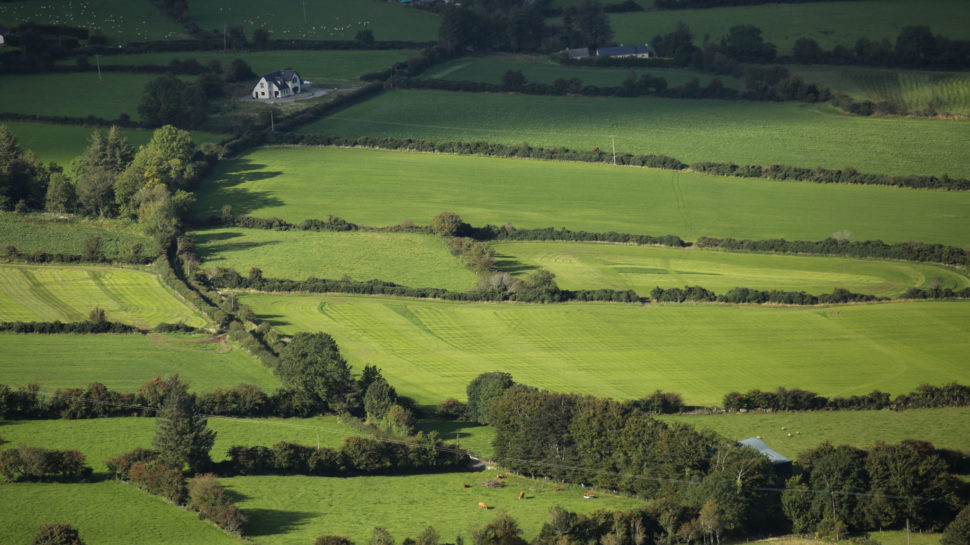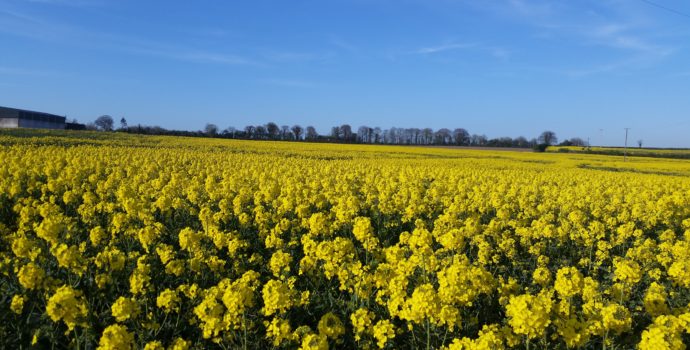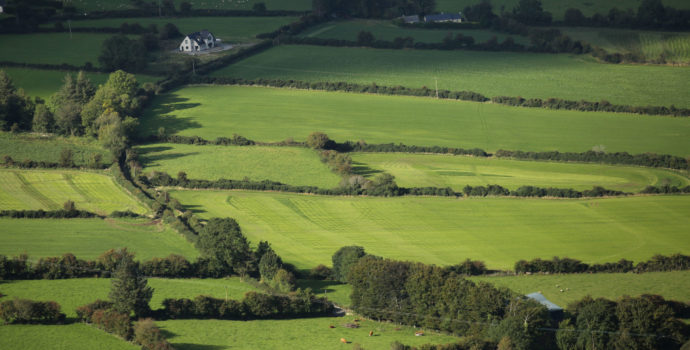Agri-Strategy a Crucial Moment for Irish Agriculture

IFA President Tim Cullinan said the publication of the draft Agri-Strategy 2030 is a crucial moment for the future of Irish agriculture.
“The draft is a product of over 12 months of discussion. Everyone who stayed around the table had to compromise somewhat in order to allow the document to go out for consultation,” he said.
“The document does acknowledge the importance of the three pillars of sustainability – economic, environmental and social – and has an emphasis on farm viability, but there are aspects of it which will be more challenging for farmers,” he said.
“The next couple of months will be vital. All our commodity committees and our National Council will be examining the document in real detail. Others decided to walk away, but it’s IFA’s intention to continue to work hard to influence the outcome so that commercial farming is supported,” he said.
“This is a far-reaching draft strategy that will be the roadmap for our largest indigenous sector for the next decade. There is a clear commitment in the document to carry out a full impact assessment of the proposals on farmers. Without farmers, we won’t have a wider agri-food sector,” he said.
Tim Cullinan said some of the proposed targets are very challenging and cannot be achieved without significant Government funding. “I made this clear to the Committee,” he said.
“Farmers are willing to play their part in climate action, and they must be at the centre of Government policy. They will be looking to the Government to provide support, investment and practical policy measures to allow them continue to produce quality food,” he said.
The CAP discussions are running in parallel with this Agri-Strategy. “They must also have a firm focus on farm incomes, as economic sustainability has to be part of policy decisions,” he said.
The IFA President re-iterated his strong view that analysis of existing carbon sequestration will have to done before we can move forward. “The discussion around emissions in the sector has to take account of the carbon that is sequestered and stored on farms,” he said.


